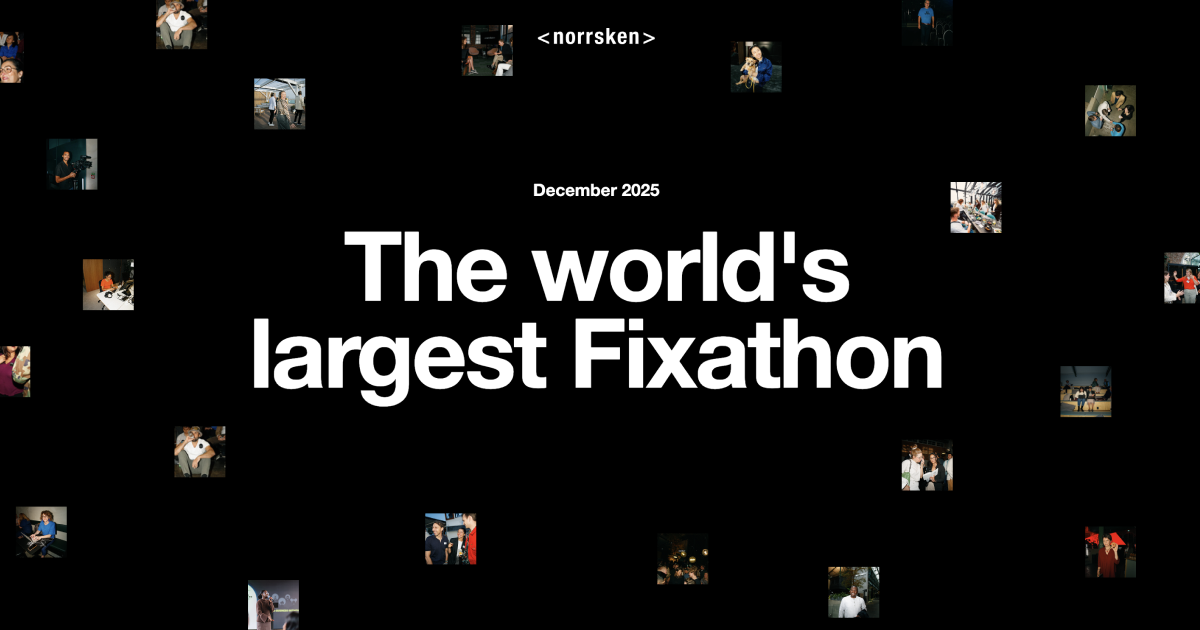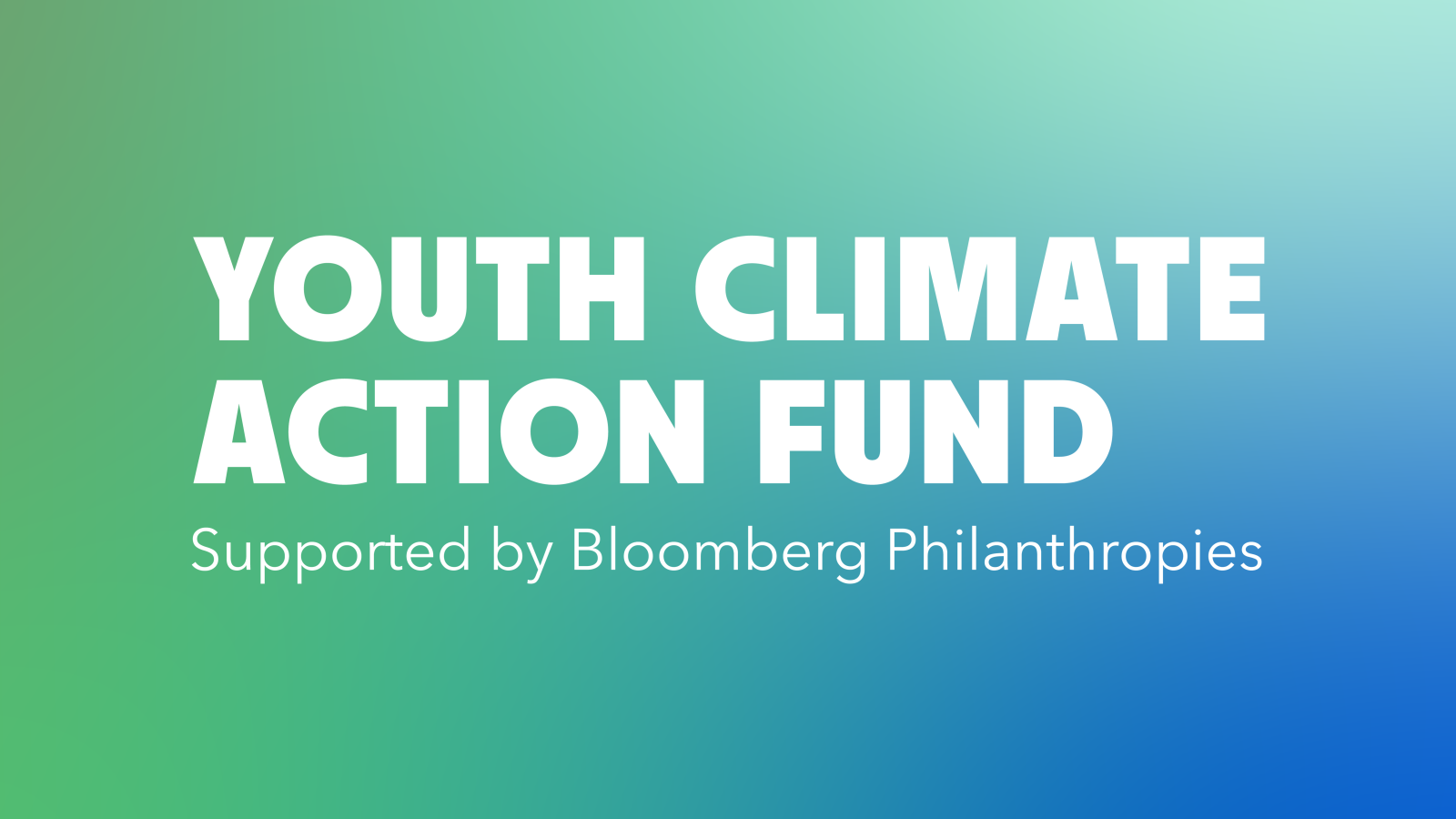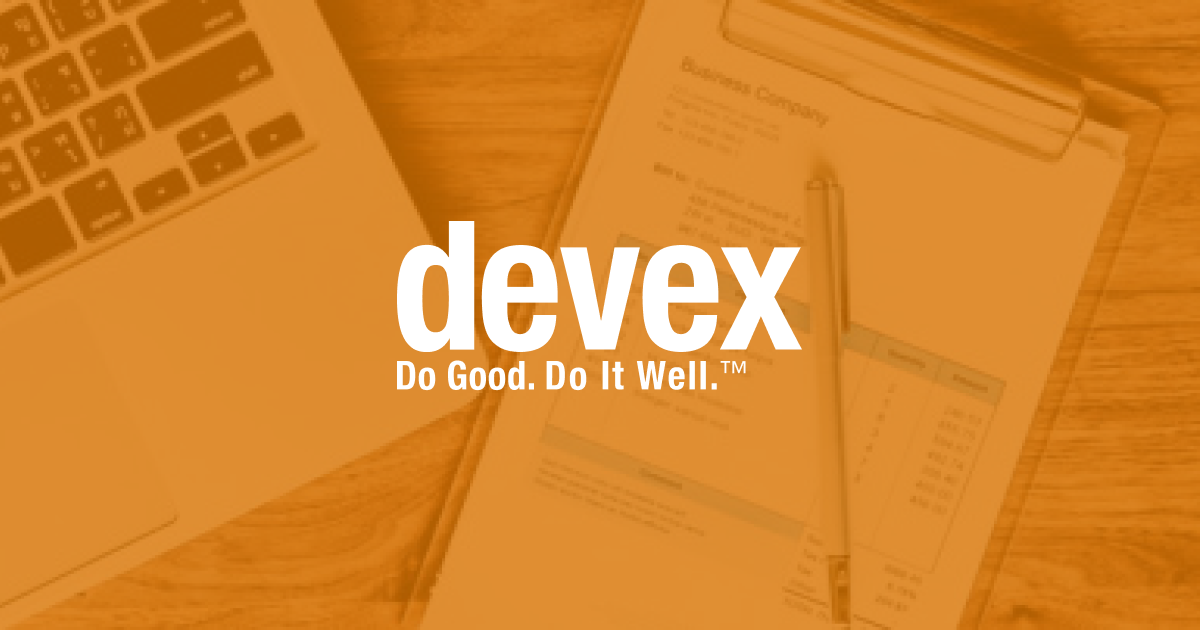The Gold standard for AI news
AI keeps coming up at work, but you still don't get it?
That's exactly why 1M+ professionals working at Google, Meta, and OpenAI read Superhuman AI daily.
Here's what you get:
Daily AI news that matters for your career - Filtered from 1000s of sources so you know what affects your industry.
Step-by-step tutorials you can use immediately - Real prompts and workflows that solve actual business problems.
New AI tools tested and reviewed - We try everything to deliver tools that drive real results.
All in just 3 minutes a day
🚨 Automate Podcast Guest Spots and Fill Your Calendar Fast
If you’re a coach or consultant, podcast guesting is the NEW proven & fastest path to full calendars. Stop burning budget on ads and hoping for clicks. Podcast listeners lean in, hang on every word, and buy from guests who deliver real value (like you!). But appearing on dozens of incredible podcasts overnight as a guest has been impossible to all but the most famous until now.
Podcast guesting gets you permanent inbound guests, permanent SEO, and connects you to the best minds in your industry as peers.
PodPitch.com is the NEW software that books you as a guest (over and over!) on the exact kind of podcasts you want to appear on – automatically.
⚡ Drop your LinkedIn URL into PodPitch.
🤖 Scan 4 Million Podcasts: PodPitch.com's engine crawls every active show to surface your perfect podcast matches in seconds.
🔄 Listens to them For You: PodPitch literally listens to podcasts for you to think about how to best get the host's attention for your targets.
📈 Writes Emails, Sends, And Follows Up Until Booked: PodPitch.com writes hyper-personalized pitches, sends them from your email address, and will keep following up until you're booked.
👉 Want to go on 7+ podcasts every month and change your inbound for life? Book a demo now and we'll show you what podcasts YOU can guest on ASAP:
Check out the World’s Best AI Assisted Writing Assistant
one of our favorite tools (featured partner post)

Lex is your AI-powered writing assistant and is it so much better than Word, Google Docs or any AI writing tool we’ve tried. It provides sharp, objective feedback to enhance clarity, coherence, and impact in your writing. Say goodbye to writer's block and elevate your writing effortlessly—experience Lex today and transform your ideas into powerful messages that resonate.
If you sign up for a paid (there are also free options) PCDN will get a small % of revenue to support our work.
An AI told me it could do my job better. I said, "Sure, but can you survive on grant-funded salary while pretending the mission statement makes up for it?" The AI responded, "I've analyzed 10,000 nonprofits. The answer is no one can."
Welcome to your future—or one version of it, anyway. The World Economic Forum projects that by 2030, 22% of current jobs will be disrupted, creating 170 million new roles while displacing 92 million others—a net gain of 78 million jobs.
Let's be blunt about what's wrong with these projections: They're written by people who've never worried about health insurance between contracts. They count a "job" the same whether it's a salaried position with benefits or a three-month consultancy with no security. They assume displaced workers will smoothly transition to new roles, ignoring that 120 million workers won't get the reskilling they need and that "new roles" often pay less, demand more credentials, and offer zero stability.
The real question isn't whether there will be work in 2035. There will be. The question is: Will it be worth doing? Will it pay enough to live on? Will organizations use technology to amplify human impact or just cut labor costs while executives congratulate themselves on "efficiency"?
10 Potential Job Titles You Might See in 2035
Some of these roles are emerging now. Most will be precarious. A handful will be genuine careers. Good luck figuring out which before you invest years of your life.
1. Climate Adaptation Coordinator (Global South Focus)
By 2030, climate change adaptation is expected to create 5 million net new jobs globally. Someone needs to help communities in Kenya, Bangladesh, and Colombia prepare for displacement and food insecurity. UNDP is hiring.
The reality: Most positions will be 12-month consultancies tied to grant cycles that evaporate when priorities shift. You'll do essential work helping communities survive climate chaos, then scramble for your next contract when funding dries up. Burnout is the business model.
2. Algorithmic Justice Advocate
As AI permeates hiring, healthcare, and criminal justice, communities need defenders against algorithmic bias that disproportionately harms vulnerable populations.
The reality: Maybe two dozen salaried positions exist globally. Everyone else does this work unpaid while holding other jobs, because apparently fighting algorithmic oppression should be a hobby you fund with your day job. The irony? The systems you're fighting were built by people making six figures.
3. Regenerative Economy Designer
Regenerative economy careers focus on restoring ecological and social systems—circular economy strategists, community resilience builders, ecological restoration specialists.
The reality: This is what unemployed sustainability consultants call themselves on LinkedIn between contracts. A handful of positions exist in well-funded European organizations. For everyone else, it's aspirational branding while you figure out how to pay rent.
4. Community Data Sovereignty Specialist
As nonprofits adopt AI, someone must ensure community data isn't extracted or commodified.
The reality: Organizations that can't afford to pay living wages will somehow afford this position? No. They'll attend one webinar, write "data ethics" into someone's already-overloaded job description, and call it done. The few actual positions will be short-term projects where you're expected to solve systemic problems with no authority, resources, or follow-through.
5. Diaspora Remittance Optimizer
Emerging markets will contribute 65% of global economic growth by 2035. Specialists who help diaspora communities maximize financial flows back home will bridge growing divides.
The reality: Fintech companies will hire you on commission to extract fees from remittances that desperate families send home. You'll be labeled an "optimizer" while participating in a system that profits from inequality. The cognitive dissonance is free.
6. AI-Augmented Grant Strategist
Using tools like OpenGrants, Grantable, and Grant Assistant, one strategist might manage a portfolio that previously required a team.
The reality: Five people lose jobs. One person does their work for 30% more pay and triple the stress while organizations pocket the savings. 37% of business leaders report AI already replaced workers in 2023. Nonprofits facing budget pressure will absolutely follow suit. The tech evangelists will call this "empowerment." The four people who lost their jobs might disagree.
7. Synthetic Media Literacy Educator
As AI-generated content floods channels, vulnerable communities need educators who teach media literacy and build resilience against AI slop propaganda.
The reality: Schools and community centers desperately need this. They'll also desperately underfund it. Expect to work as an adjunct, volunteer, or contractor without benefits, teaching essential skills that protect democracy while you can't afford your own healthcare. Welcome to impact work.
8. Care Economy Transition Manager
Nursing, social work, counseling, and personal care aides are among the fastest-growing roles globally, driven by aging populations.
The reality: "Fastest-growing" doesn't mean "adequately compensated." Care work has always been undervalued, gendered, and racialized—often performed by immigrant women for poverty wages. The management roles overseeing them? You'll be expected to do miracles with impossible workloads and inadequate resources while executives who've never changed a bedpan lecture you about "efficiency." The demand is real; the respect and compensation are not.
9. Just Transition Facilitator
As economies shift from fossil fuels, someone needs to ensure displaced workers aren't left behind. Just transition work requires facilitators bridging labor unions, government programs, green industries, and affected communities.
The reality: In places where governments actually fund just transitions—small pockets of Europe—these roles exist and are politically brutal. Everywhere else, "just transition" is a slogan politicians use while doing nothing. You'll do unpaid advocacy or short-term consultancies solving systemic problems with zero authority, then get blamed when workers end up jobless anyway. The oil companies' PR teams will make more in a month than you'll make in a year.
10. Multispecies Wellbeing Strategist
As biodiversity collapse accelerates, organizations will need strategists who integrate non-human stakeholders into decision-making.
The reality: This role exists approximately nowhere with actual compensation. A few progressive foundations might fund a pilot project you'll spend six months applying for. Everyone else will think you're ridiculous. You'll do this work because you care deeply about ecological justice, not because anyone will pay you for it. Which, let's be honest, is how most impact work actually functions.
Will There Be Jobs? Or Just Work?
Here's what the optimistic projections won't tell you: There's a massive difference between "work exists" and "jobs exist."
What we're sold: AI handles routine tasks, freeing humans for creative, strategic, meaningful work. New technologies create millions of opportunities. The future is abundant.
What's actually happening: AI eliminates five positions. Organizations hire back one person as an "AI-augmented strategist" to do the work of five for marginally better pay and significantly worse stress. The four who lost jobs compete with thousands of others for gig contracts that offer no benefits, no security, and rates that drop every year as more desperate people enter the market.
When 44% of business leaders expect AI-driven layoffs and nonprofit budgets keep shrinking, why would social sector organizations behave differently? They'll use the same efficiency logic, justify it with the same mission language, and end up in the same place: fewer people doing more work for less compensation while being told they should feel grateful because the work is "meaningful."
The probable reality: A small tier of well-connected, credentialed people will have genuine careers with stability and decent compensation. They'll manage AI systems, orchestrate strategies, and work for the handful of well-funded organizations that can afford them. Everyone else will piece together gig contracts, consultancies, part-time positions, and unpaid "passion projects" that don't quite add up to a living wage.
Your location, credentials, networks, and privilege will determine which group you're in far more than your skills or dedication.
Key Trends (The Ones They Don't Emphasize)
The green transition creates jobs—for some. While renewable energy engineers rank among fastest-growing jobs, those roles cluster in specific geographies, require specific credentials, and often exclude the very communities most affected by climate change. The coal miner in Appalachia or Colombia isn't smoothly transitioning to solar engineering. They're unemployed while technocrats write reports about "green jobs."
Global South "opportunity" without infrastructure. Yes, emerging markets will drive 65% of growth by 2035. But growth for whom? Multinational corporations extracting value? Or local communities building wealth? The demand for educators, healthcare workers, and social services is real—and chronically underfunded. More people will do essential work for poverty wages while being told they're lucky to have "opportunities."
The skills gap is a convenient excuse. 63% of employers cite skills gaps as barriers to transformation. Translation: "We don't want to train people or pay for experience." They'd rather hire someone who already has five years' experience in a technology that's existed for two years, then complain about talent shortages. Meanwhile, workers are expected to constantly upskill on their own time and dime to remain "employable" in a system designed to extract labor while minimizing compensation.
The Uncomfortable Truth
The future of social impact work probably looks like this: Essential work that desperately needs doing, performed by people who care deeply, compensated inadequately, structured precariously, and justified with mission language that masks exploitation.
You'll be told you're "making a difference" while your employer uses AI to eliminate your colleagues' positions. You'll work multiple gigs to cobble together rent while LinkedIn celebrates "portfolio careers" and "entrepreneurship." You'll burn out repeatedly while being told to practice "self-care" instead of demanding systemic change.
The WEF's optimistic projections assume smooth transitions, adequate training, and rational labor markets. Reality offers none of these. 120 million workers won't get reskilling they need. Most "new jobs" will be precarious. The gap between the rhetoric and the reality is vast.
So what do you do?
Learn AI tools—not because they'll save you, but because ignoring them makes you more vulnerable. Develop skills machines struggle with: cultural intelligence, ethical judgment, relationship building. But be realistic about what individual adaptation achieves when entire structures are shifting against you.
Build networks and solidarity. Consider collective action—unions, professional associations, mutual aid—because individual hustle only works if you're lucky. Most people aren't.
Stay committed to the work that matters, but demand it be structured fairly. Push back against exploitation dressed up as mission. Recognize that "passion" and "purpose" have been weaponized to justify poverty wages and precarious conditions.
The world will desperately need people committed to social change in 2035. The question is whether we'll organize collectively to ensure that commitment can sustain actual lives—or whether we'll accept a future where impact work means sacrifice, precarity, and burnout justified by mission statements written by people who've never lived them.
Social Impact News & Resources
😄 Joke of the Day
Why did the impact investor bring a ladder to the board meeting? Because they wanted to take their portfolio to new heights—but only if it passed their ESG screening first!
🌐 News
African AI researchers are forging their own path, developing tools that answer the needs of Africans in their own languages despite receiving a fraction of the funding their Western or Asian counterparts get. At this year's Deep Learning Indaba conference in Senegal, researchers showcased how they're innovating with open-source resources to preserve cultures and shape how AI is used across the continent.
Global Voices explored why tech giants must do more for African language inclusion, highlighting that many users cannot access AI tools in their languages yet. If hundreds of African languages aren't included in AI development, hundreds of millions of Africans may not benefit from AI's opportunities, further exacerbating the technology gap between Africa and the rest of the world.
The catastrophic humanitarian situation in North Darfur, Sudan continues to worsen with nearly 90,000 people newly displaced from El-Fasher between October 26 and November 9, according to the International Organisation for Migration. Acute malnutrition rates among children under five newly arrived in Tawila exceed 70%, while relief operations are described as "on the brink of collapse" due to insecurity and underfunding.
The New Humanitarian reported that emergency education saves lives in humanitarian crises, with education in emergencies providing safety, stability, and hope for displaced children and youth. Education programs in crisis settings not only support learning but also provide psychosocial support, protection from exploitation, and pathways to recovery.
💼 Jobs, Jobs, Jobs
Oxfam International is a global confederation fighting inequality to end poverty and injustice, working in over 90 countries with humanitarian, development, and campaigning projects that change lives. With thousands of staff across the confederation—from emergency responders and policy advocates to researchers and campaigners—Oxfam regularly hires for diverse roles in program management, advocacy, humanitarian response, finance, and communications. Explore opportunities at the Oxfam careers portal across multiple affiliates worldwide.
🎧 Podcast to Check Out
Social Change Career Podcast offers practical guidance and inspiration for professionals navigating careers in the social impact sector. The podcast features conversations with leaders across nonprofits, international development, social enterprise, and advocacy, sharing insights on building meaningful careers while creating positive change—listen here.
🔗 LinkedIn Profile to Follow
Xiomara Acevedo, a climate justice advocate and campaigner from Colombia who leads an interdisciplinary team of 40 young professionals (mostly women) at Fundacion Barranquilla+20. With over a decade of experience coordinating climate change mitigation and adaptation projects, she actively mobilizes communities and organizations for an inclusive, low-carbon, resilient future while integrating feminist climate action and environmental democracy across Latin America and the Caribbean



.jpg)















Social Impact Opportunities